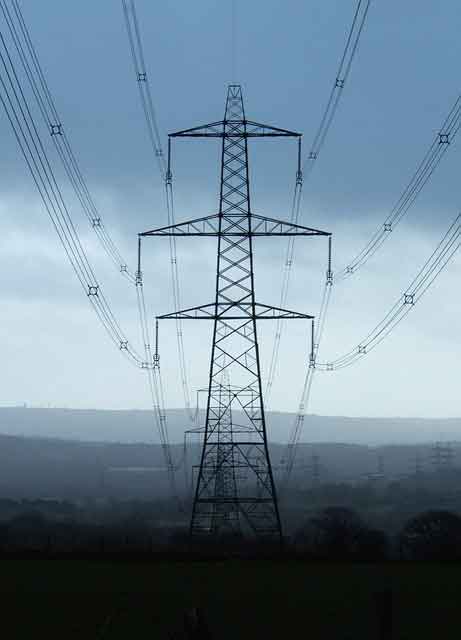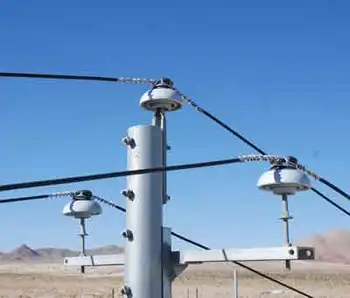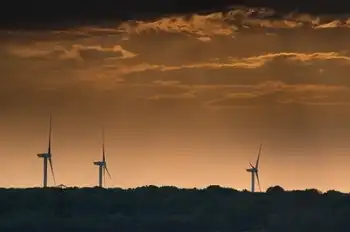South Africa dragging heels on Canadian plant
By Globe and Mail
Protective Relay Training - Basic
Our customized live online or in‑person group training can be delivered to your staff at your location.

- Live Online
- 12 hours Instructor-led
- Group Training Available
Canada's International Trade Minister, Peter Van Loan, is equally puzzled by the conundrum of CIC Energy's stalled project. And as he begins a visit to Africa, he plans to raise the question with South African officials.
"I'll certainly make the case to them that, sooner or later, they're going to come around to realizing that this is a project they should take advantage of," Mr. Van Loan said in an interview after a meeting with CIC Energy and other Canadian investors in Johannesburg. "And the sooner they do that, probably the better for their overall economic growth.... It seems to me logical that this is something they'll want to explore."
The coal mine and power project, into which CIC Energy has already sunk $100-million, is "a solution waiting to happen" for South Africa's persistent shortages of power, Mr. Van Loan said. "That project, in particular, is one that I think has great promise for South Africa. It meets a need that is very, very real."
Much of the problem, he said, is due to the "constant twists and turns" in the government's energy policies over the past five years.
The state power utility, Eskom, has provided cheap electricity rates to mining companies and household consumers for years. But now it is boosting its power rates by 75 per cent over the next three years, warning that the power shortages could worsen if it fails to get more revenue.
CIC Energy, a Toronto-listed company with close links to Toronto-based Tau Capital Corp., has been forced to suspend its development of the 1,200-megawatt Mmamabula power station near the border of Botswana and South Africa.
The mothballing of the project is a result of South Africa's delays in completing a long-term plan for its energy resources. It cannot gain government approval for the project until the energy plan is finished.
Tau's vice-president of investor relations, Erica Belling, said the continuing delays don't make sense when the country is in dire need of new sources of energy for its economic growth. "It's very frustrating," she said.
As it waits for the approval, the company has decided to push ahead with a smaller 300-megawatt power station at the same coalfield, with the electricity to be sold to Botswana. It has sold a majority share in the power project to a Chinese company, Golden Concord Holdings Ltd.
Mr. Van Loan is urging South Africa to negotiate a Foreign Investment Protection Agreement that would reassure Canadian investors that their contracts would be respected and their assets would not be confiscated. This could attract many more Canadian mining companies to South Africa and encourage new investments by those already here, he said.
An agreement, he said, could benefit companies such as First Uranium Corp., the Toronto-based uranium miner that suffered a serious blow when South Africa unexpectedly withdrew an environmental permit for a tailings storage facility that the company was planning. The company announced last month that its financial position had been "severely compromised" by the decision, even though the permit was eventually reinstated.
Mr. Van Loan also took a test ride on a new railway developed by Bombardier Inc. of Montreal in a consortium with other companies. The $3.3-billion line will link Johannesburg to its international airport and to Pretoria.
The minister said he will urge officials to exploit the opportunities that the railway has created for potential future projects in South Africa and across the continent. The Bombardier technology could be exported as the new railway becomes a showcase for Canadian and South African expertise, he said.











